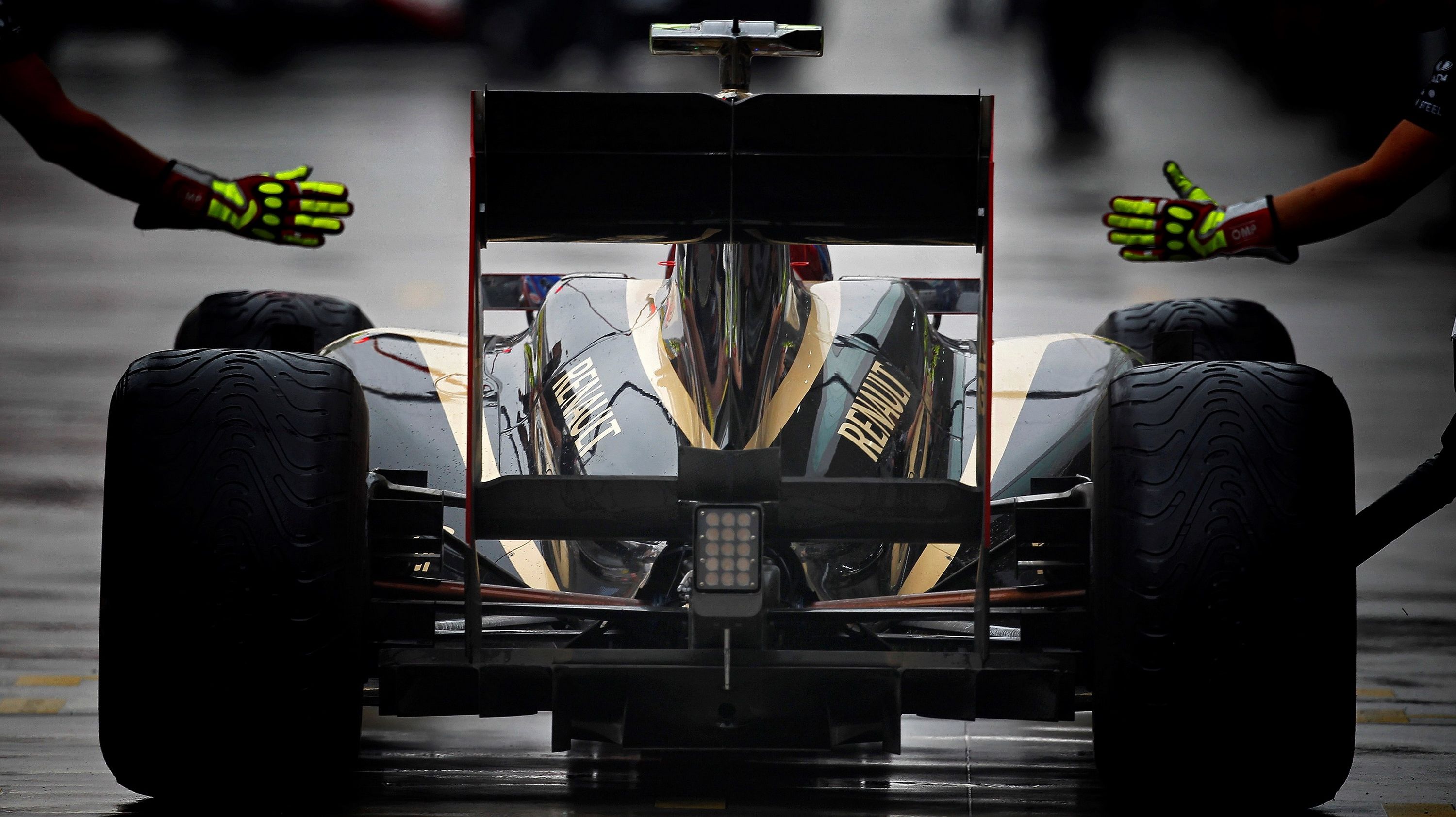Back in September 2015, Renault->ke72 announced the signing of a letter of intent with Lotus->ke49 regarding the potential acquisition of a controlling stake in the British team. Three months have passed and the French company confirmed it will indeed return to Formula One->ke190 as a constructor.
Renault said its takeover of Lotus had not yet been completed, but will be done "in the shortest time frame possible". More details about the brand's new F1 program will be provided in January 2016, ahead of the 2016 season that begins next March.
"Renault had two options: to come back at 100 percent or leave. After a detailed study, I have decided that Renault will be in Formula 1, starting 2016. The final details supplied by F1’s main stakeholders gave us the confidence to accept this new challenge. Our ambition is to win -- even if it will take some time,” said Carlos Ghosn, Chairman and CEO of Renault.
The manufacturer returns to Formula One as a constructor after a five-year hiatus. Renault sold the team to investment group Genii Capital in 2010, but continued as an engine supplier. The team was renamed Team Lotus and used Renault engines. Red Bull, another team that bought Renault power units, won the constructors' championship four years in a row between 2010 and 2013. Renault's domination as a supplier came to an end in 2014.
In 2016, Renault F1 cars will be driven by Pastor Maldonado and Jolyon Palmer, both having piloted for Lotus in 2015 as main and reserve drivers, respectively.
Continue reading for the full story.
Why it matters
Having been involved in Formula One for nearly four decades now, Renault is arguably one of the most important names in the sport, despite having won only two manufacturers' championships as a constructor. As an engine builder, Renault powered no fewer than 12 championship-winning teams, making it the second most successful power unit supplier after Ferrari, which scored 16 trophies. By returning as a constructor, Renault will once again be able to benefit from the advantages that come with running a Formula One team, including better marketing and race-bred technology for its road-going cars.
The move could also benefit the company from a financial stand point, as Renault will take maximum benefit from its victories as a full team. The French have made it no that the payback as an engine supplier proved to be limited, with return on the investment necessitated by the new engine regulations and the return in terms of image being low since 2010. Sure, success won't come immediately, but Renault is aware of that and likely willing to wait for a couple of years until it finds the perfect formula.

